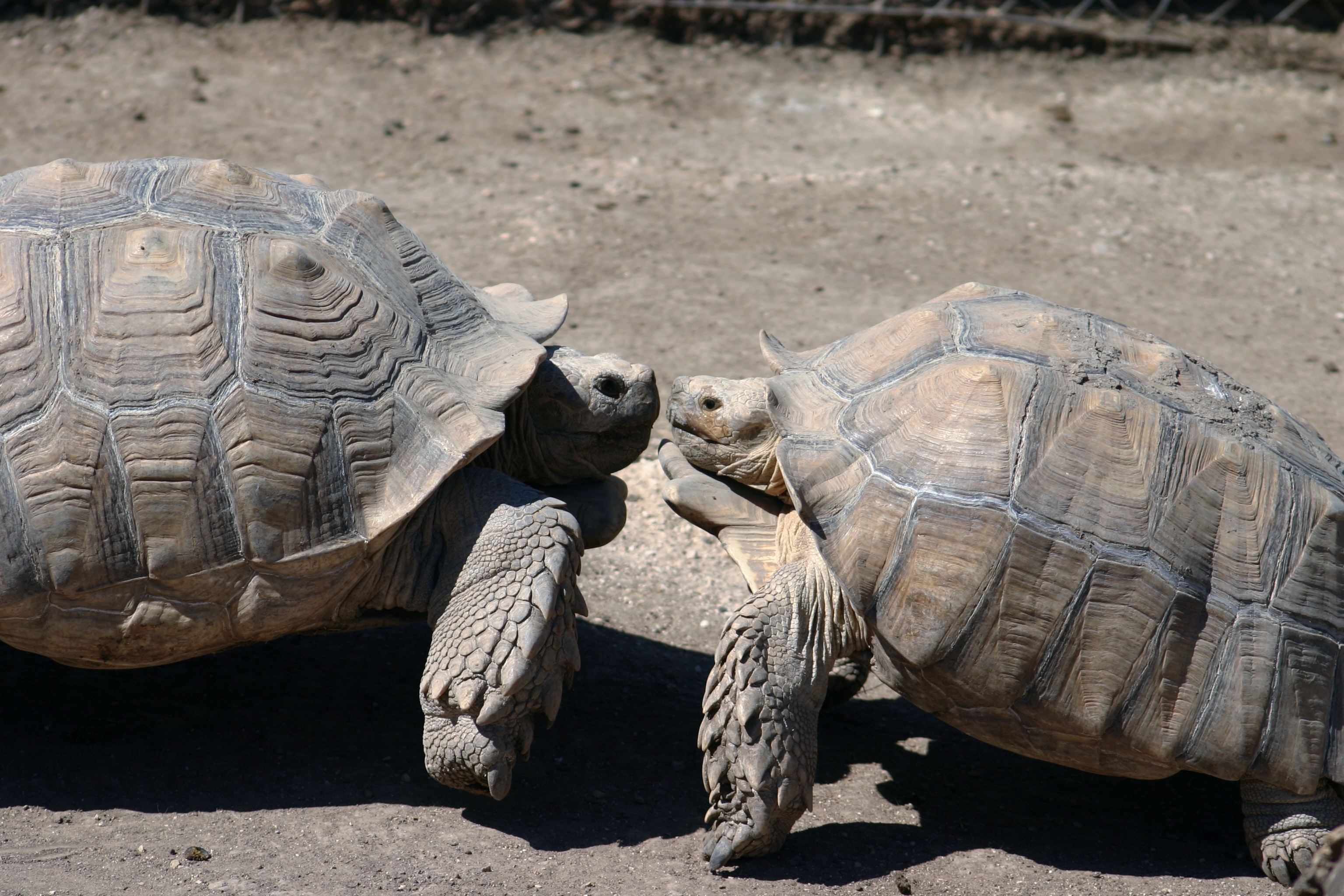Something extraordinary may be happening amid all the more trying and traumatic things that are part of living through a global pandemic. In our increasing stillness, there are moments of dropping into a deeper place within ourselves—a place that might lead to a radical shift in perspective on life as we lived it before COVID-19, and as we might wish to live it when we emerge from this time.
In my case, I find myself seeing, in ways that I didn’t in more normal times, how fast I used to race through my life; how incessantly I focused on being productive; how attached I was to my illusions of security. I am also better seeing life’s extraordinary abundance and how fully I came to expect so much—meaning, how much I took for granted. And, perhaps most importantly, I am seeing how only superficially satisfying any of that was.
In my 20s, I went on a series of spiritual retreats, as a seeker who didn’t know what she was seeking. One of them was a 24-hour silent retreat run by Catholic nuns. I was provided with access to a bed, a kitchen, the grounds and, of course, the chapel. My favorite place was a little pond a distance from everything and everyone. There was a bench beside it and when I came upon it, I laid down with my face up to the sun and almost immediately fell asleep. A nun came by and, breaking silence, said: “Oh, you people from the outside. You’re so tired, and you don’t even know it until you stop.”
It feels a bit like that now. We’ve been running at an unnatural pace, one driven more by technology than our own slower human ways. But this enforced slowing down—as frightening as its cause might be—shows the potential for living life at our own pace.
Recently, I have found myself sitting in the company of my almost 16-year-old son, passing a few moments in silence—something that never would have happened before without one or the other of us instantly turning back to our separate activities: to work, to sports, to cooking, to screens, and the rest. Sometimes, the silence is followed by a conversation, sometimes not. But I feel I am making friends with a more natural, more human pacing—one that helps me be more aware in the moment instead of racing through it like a kid tearing open presents on Christmas.
So, how might we wish to live differently on the other side of this time of social distancing, fear, grief, and potential deepening?
I can only speak for myself, and this is what I know: I hope that I will be more aware of the gift of life. That I will be less caught up in my insatiable appetite for more things, experiences and sense of security—and, more awake to and grateful for what is. That I will be more trusting of life and humbler about my role in it. That, as a parent, I will be guided by the knowledge that my children’s happiness and discovery of their true selves is infinitely more important than their grades or anyone else’s opinion about how they should live. I hope that I will increasingly embody what I most deeply believe: that kindness and love, that being true to ourselves and supporting others in being true to themselves, matter more than most things. And that, amid the very profound and heartbreaking challenges we face in the world today, there is a generosity and goodness to life itself that should continue to stagger us daily.
As the late great mythologist Joseph Campbell wrote: “People say that what we’re all seeking is a meaning for life. … I think that what we’re seeking is an experience of being alive, so that our life experiences on the purely physical plane will have resonances with our own innermost being and reality, so that we actually feel the rapture of being alive.”
We humans, as Eckhart Tolle recently observed, tend to go to deeper places only in times of adversity. In easy times, we skate on the surface. During this exceptionally difficult time we are now in, perhaps there is also this opportunity to deepen in ways that, ironically, may awaken us to just that: the rapture of being alive.


